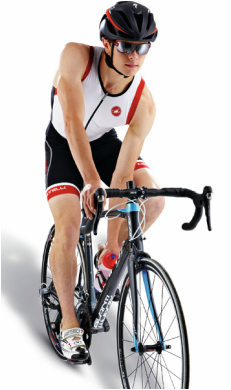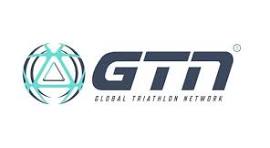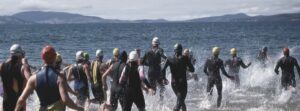How a simple Sweat Test can help you avoid triathlon dehydration…
In this week’s blog, I want to introduce you to the secret of triathlon race hydration: knowing your own personal sweat rate. This is vital because your sweat rate directly impacts how much you need to drink during a triathlon. We are all different and, therefore, require different amounts of fluid.
That’s fair enough, but it’s actually very difficult to listen to your thirst when you’re in the middle of a triathlon, or even when following a triathlon training plan. The chances are you’ll perform better if you drink according to your personal sweat rate. I’ll explain how to do this below.
Three Reasons to Get Your Hydration Right
- Studies have shown that even a small amount of dehydration can negatively affect athletic performance and predispose you to heat stress.
- Dehydration slows gastric emptying rate (the speed at which your gut processes stuff) and increases the risk of gastrointestinal distress (a bad tummy).
- Hyponatremia is when the sodium (salt) levels in your blood become too low. It can be caused by either losing too much sodium through sweat or by drinking so much that the existing sodium in your blood becomes too diluted. Mild hyponatremia can cause bloating, dizziness, and sickness.
Why Is Triathlon Hydration Important?
- We all sweat at different rates during a race and, therefore, need to drink different amounts to rehydrate.
- Every race presents different environmental and physical demands, which lead to different sweat rates.
How To Use Sweat Test Results
Once you know your own sweat rate, you can use it to guide how much you should drink on race day. For example, if you sweat 500ml per hour in your test, that’s roughly how much you should aim to replace through drinking (little and often) during your race. In reality, you’ll struggle to absorb as much fluid as you sweat out. Therefore, you should practice your hydration strategy in training to know how much fluid you can handle versus your hourly sweat rate.
The sweat test instructions are below… You should also check out our IRONMAN nutrition plan blog about sodium and carbohydrate requirements for race day. Good luck!












